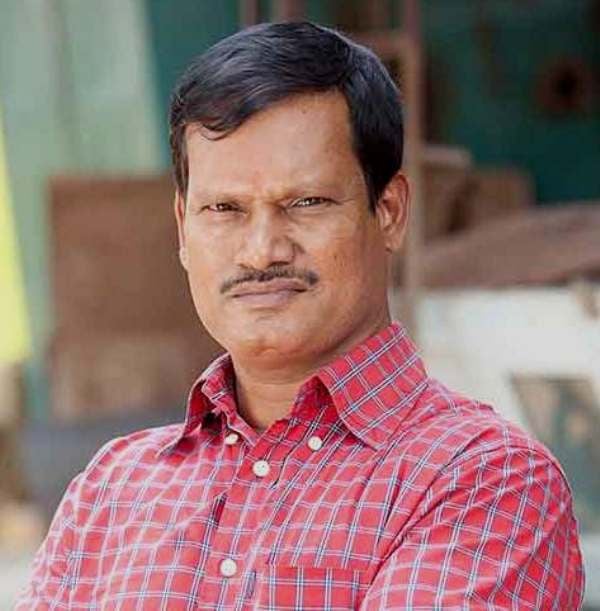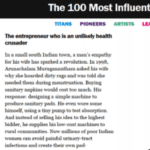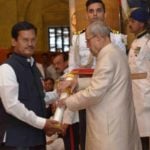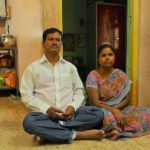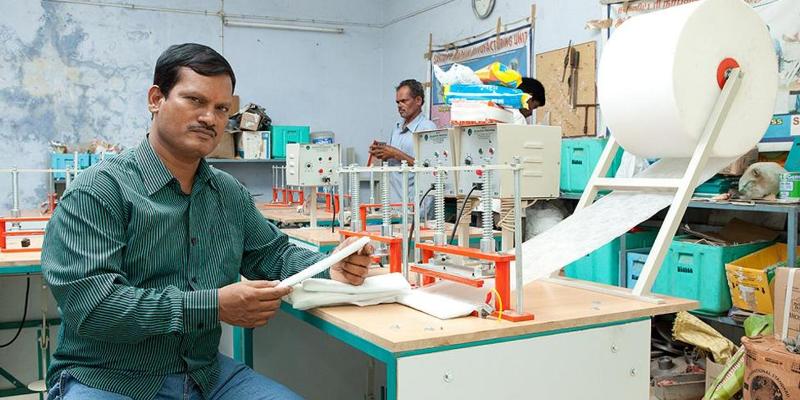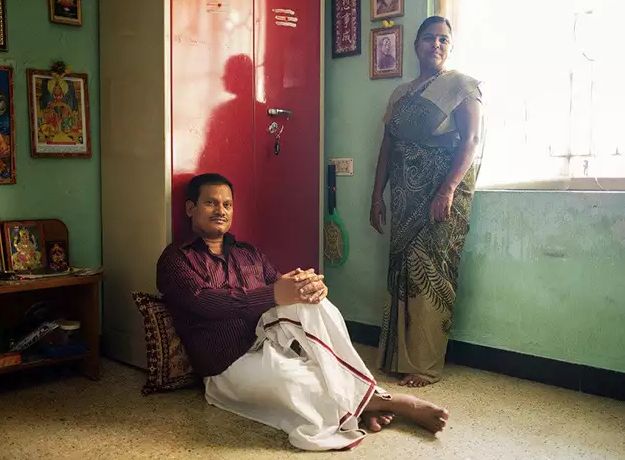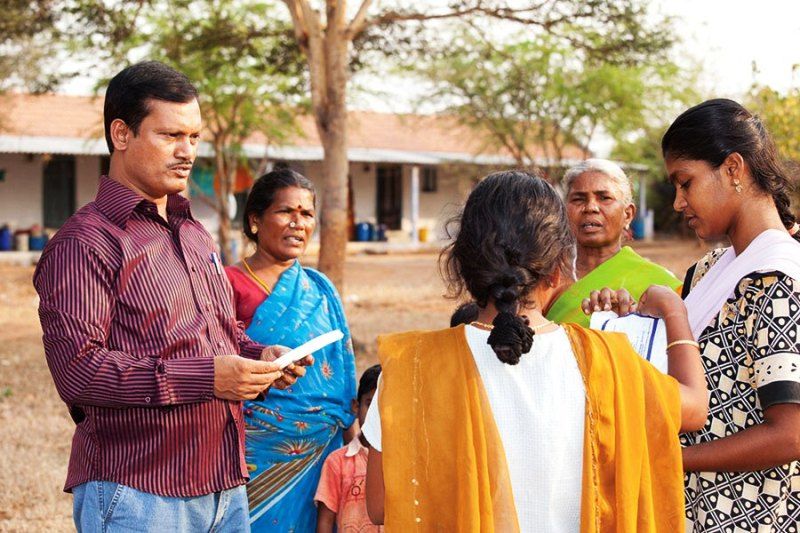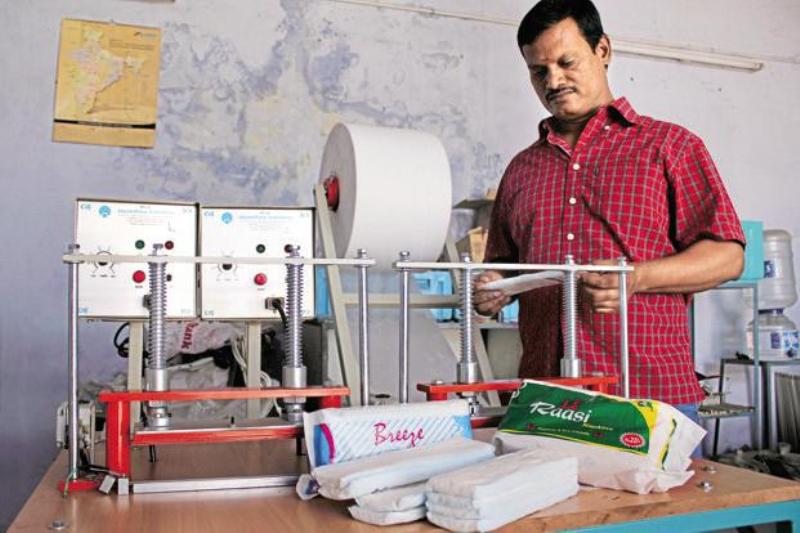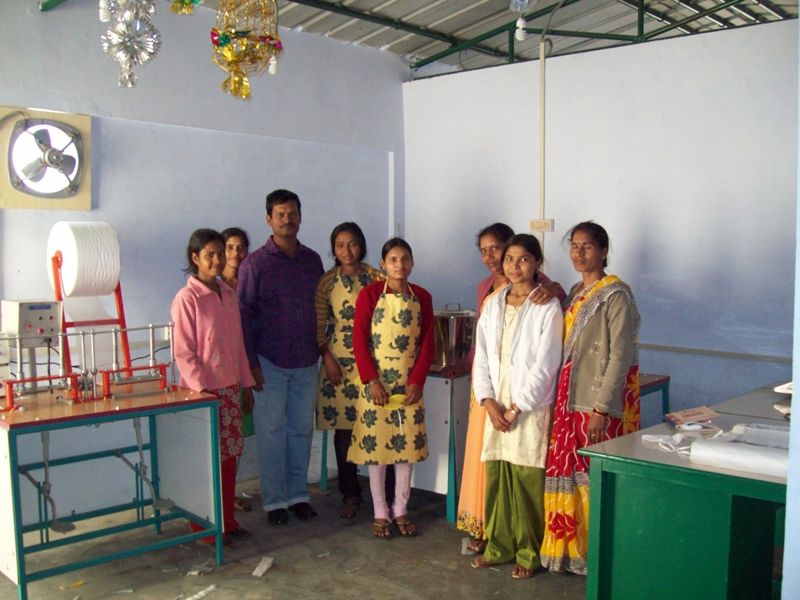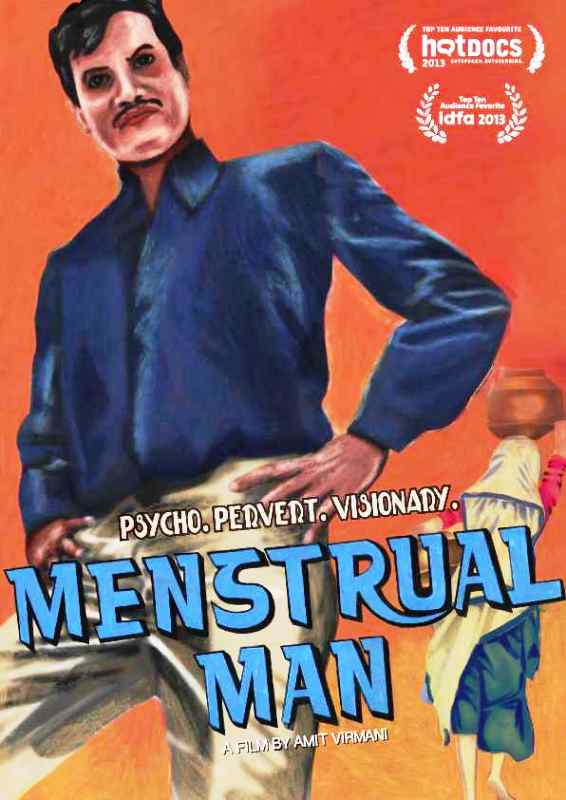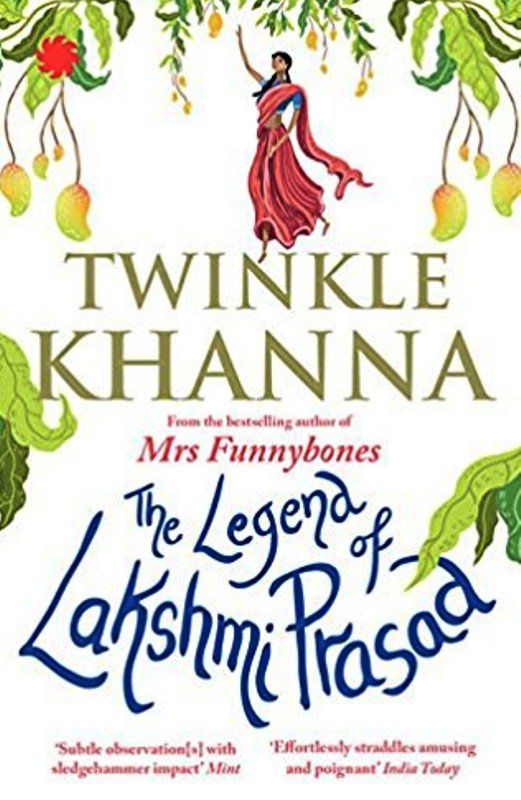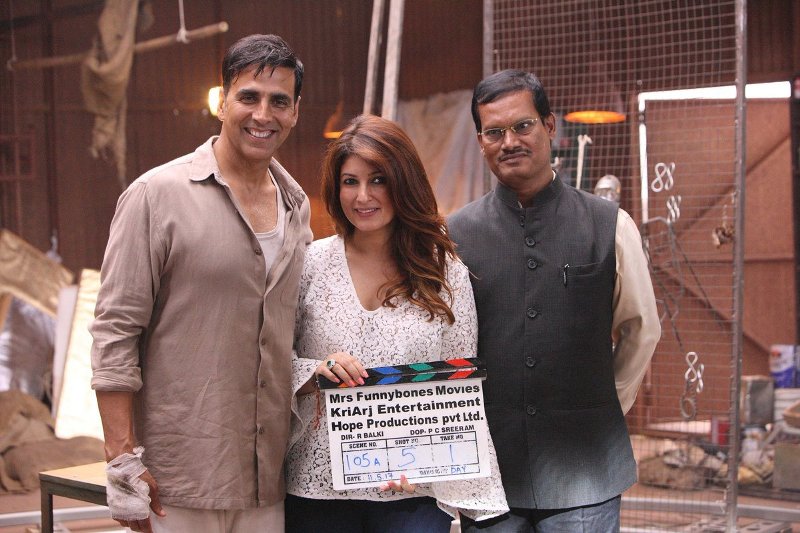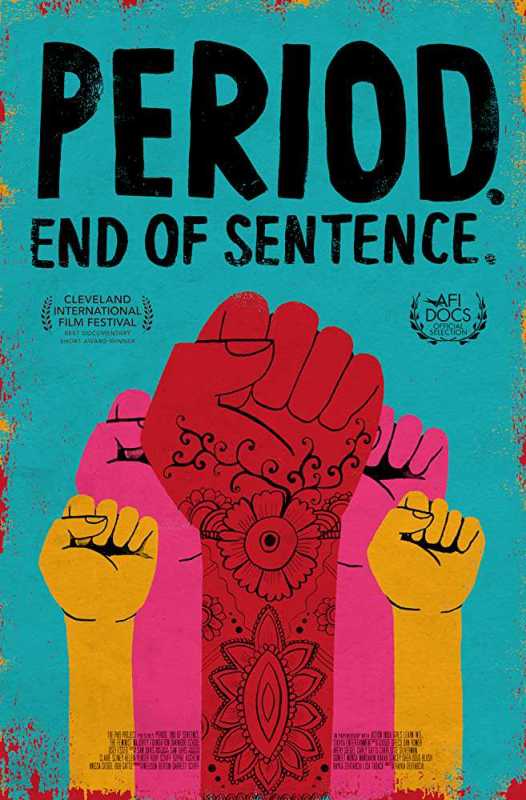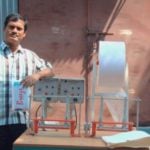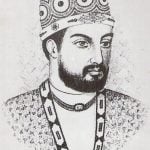Arunachalam Muruganantham (Padman) Age, Wife, Biography, Family, Facts & More
Quick Info→
Education: Class IX Dropout
Age: 56 Years
Wife: Shanthi
Some Lesser Known Facts About Arunachalam Muruganantham
- He was born into a family of hand-loom weavers in Coimbatore, India.
- When Muruganantham was still a child, his father died in a road accident. After his father’s demise, Muruganantham grew up in poverty.
- To help in his studies, his mother worked as a farm labourer.
- At the age of fourteen, he dropped out of school.
- For subsistence, he did odd jobs like as a farm labourer, a machine tool operator, a welder, etc. He also supplied food to factory workers.
- After marrying his wife Shanthi in 1998, he discovered his wife collecting newspapers and filthy rags to use as sanitary napkins during her menstrual cycle.
- The incident invoked Muruganantham to do something in the direction, and he started designing experimental pads.
- Initially, he used cotton to make pads, which were rejected by his wife and sisters. They also refused to be the test subjects for his innovations.
- After realizing that there is a huge difference between the raw materials cost (10 paise, $0.002) and the end product (almost 40 times to the cost of raw materials), Muruganantham looked for female volunteers to test his inventions, but most of them were too shy discussing their menstrual issues.
- Further, he approached female students of his local medical college. However, that also didn’t work in his favour.
- Then he decided to test the inventions on himself. He created a “uterus” from a football bladder and filling it with goat’s blood. Muruganantham ran, walked and cycled with the artificial uterus under his clothes to test his sanitary pad’s absorption rates.
- The foul-rotten smell coming out of his clothes led people boycotting him. Everyone thought he’d gone mad.
- After 18 months that he had started the research for his wife, she left him, and after some time, her mother also left him. He had become a pervert and his village ostracised him.
- The worst scenario was that the villagers became convinced that he was possessed by some evil spirits, and were about to chain him to a tree to be healed by a local soothsayer. Muruganantham only escaped the treatment by agreeing to leave the village.
- In an interview, Muruganantham said- “My wife gone, my mum gone, ostracised by my village” he says. “I was left all alone in life.” Still, he continued his efforts in making affordable sanitary pads.
- The biggest mystery for him was what sanitary pads were made of. Somehow, he came to know that it was cotton. However, the cotton that he was using, was different from that of the multinational companies.
- As Muruganantham didn’t speak much English at that time, a college professor helped him writing to the big manufacturing companies. In the process, Muruganantham also spent almost 7,000 rupees on telephone calls.
- Finally, a Coimbatore-based textile mill owner requested him some samples. A few weeks later, Muruganantham came to know about the actual material used in making the sanitary pads- Cellulose, from the bark of a tree. It had taken him 2 years and 3 months to discover what sanitary pads are made of. However, a snag was still there- the machine required to make sanitary pads out of this material cost thousands of dollars. He would have to design his own.
- After a 4-and-a-half year of experiments, he came out with a low-cost method for the production of sanitary towels.
- His 1st model was mostly made of wood, and when he showed it to the scientists of IIT Madras, they entered his machine in a competition for a National Innovation Award.
- His model came first among 943 entries. The then President of India, Pratibha Patil awarded him for his innovation- quite an achievement for a school dropout.
- Suddenly, Muruganantham was in the limelight, and the irony is, after 5-and-a-half years, he received a call from his wife, Shanthi.
- He founded Jayaashree Industries, which now markets low-cost sanitary napkin-making machines to rural women across India.
- Muruganantham was set for fame and fortune, but he wasn’t after profit. He had patent rights to the only machine in the world to make low-cost sanitary napkins. Anyone with an MBA would immediately accumulate the maximum money.
- Muruganantham’s primary concern is India’s taboos around menstruation- women can’t visit public places or temples, they are not allowed to touch the water supply or cook- in fact, they are considered untouchables.
- He built 250 machines in 18 months and took out them to the most underdeveloped and poorest states in India- the so-called BIMARU states (Bihar, Madhya Pradesh, Rajasthan, and Uttar Pradesh).
- Most of his clients are women’s self-help groups and NGOs. A manual machine cost around 75,000 Indian rupees; while a semi-automated machine costs more. Each machine provides employment for 10 and converts 3,000 women to pad usage. Each machine can produce 200-250 pads a day, which sell for an average of about 2.5 rupees.
- His mission was not just to make affordable sanitary pads, but also to create jobs for rural women.
- Initially, his aim was to create one million jobs for poor women, now, he aims 10 million jobs worldwide.
- Muruganantham is expanding to 106 countries across the globe, including Mauritius, Kenya, Nigeria, Bangladesh, and the Philippines.
- He has become well known as a social entrepreneur and has given lectures at many prestigious institutions including IIM Ahmedabad, IIM Bangalore, IIT Bombay and Harvard.
- Muruganantham has also appeared as a speaker at TED Talks.
- His story was the subject of “Menstrual Man”- a prize-winning documentary by Amit Virmani.
- In November 2016, film actress and interior designer Twinkle Khanna published a book titled ‘The Legend of Lakshmi Prasad,’ which was inspired by Arunachalam Muruganantham’s life.
- A 2017 Bollywood film, “Padman,” was based on Muruganantham’s story; in which Akshay Kumar played the role of Arunachalam Muruganantham (as Lakshmikant Chauhan).
- Muruganantham now lives with his family in a modest apartment. He says that he has no desire to pile-up fortunes “If you get rich, you have an apartment with an extra bedroom – and then you die”- Muruganantham says further.
- In December 2018, a documentary short film titled “Period. End of Sentence” had made it to the Oscar shortlist in the Documentary Short Subject category. Produced by produced by Guneet Monga and directed by award-winning Iranian-American filmmaker Rayka Zehtabchi, the film is inspired by the work of Arunachalam Muruganantham.

